When it’s hard to find good coffee, it might soon at least be easier to find hard coffee. A new San Diego company called Cafe Agave has launched a line of 6-ounce cans of “hard” cold brew, resulting from a 12-hour steep of Colombian beans mixed with fermented agave to 12.5 percent ABV. Flavors include Espresso Shot, Caffe Mocha, Salted Caramel and Vanilla Cinnamon. While potentially un-demanded, cold hard coffee in a can is not unprecedented. Remember Bad Larry’s?
“Cafe Agave Spiked Cold Brew meets the demand for a product that didn’t exist,” said Ami-Lynn Bakshi, Co-Founder of Cafe Agave. “It’s about a lifestyle. We are all constantly on the go, non-stop, 24/7. We talked a lot about how we always start the night out with a cup of coffee. But a high quality, great tasting, coffee plus alcohol offering that’s ready to go – anywhere, anytime? It’s a game changer. And so, Cafe Agave Spiked Cold Brew was born.
Furthering San Diego’s growing status as Cold Brew City USA, McDonald’s has decided on the beachside city as a fit test market for its own new cold brew product:
“San Diego is a city full of coffee lovers, so it’s an ideal place to test our McCafé Cold Brew Coffee,” said Jamie Straza, a San Diego County McDonald’s franchise owner. “We were first in the country to test All Day Breakfast and we’re thrilled to continue bringing menu innovations to our San Diego customers.”
McCafé Cold Brew Coffee is made with 100% Arabica coffee beans sourced from Rainforest Alliance Certified™ farms in Guatemala. These farms meet stringent environmental and social standards that help ensure the wellbeing of farmers, employees, families, the environment and wildlife.
Cash of the cold, hard variety has come to the collaborative startup Riff Cold Brewed Coffee, founded late last year by alums of companies such as Crux Fermentation Project, Stumptown Coffee, and LinkedIn. Riff announced this week that a successful $1 million round of angel investment will support its RTD production, as well as new retail outlets:
Riff will use this funding to operate its 9,000 square foot production facility in Redmond, OR, open the world’s first taproom dedicated to cold brewed coffee innovation (in Bend, OR next month) and launch the Riff Cold Brewed Tapshack adjacent to the University of Oregon campus in Eugene, OR (opened September 2018). The company is projected to surpass 500 points of distribution by year-end with products available in popular grocery and convenience stores, bars and restaurants.
And after raising a cool $8 million of its own, the formerly online- and office-oriented Wandering Bear Coffee company announced this week a distribution onto shelves of Target and Kroger grocery shelves nationwide, where it will also show off its wordy new flavor, “Vanilla with a Splash of Coconut Milk”:
“Because of the national reach of our direct business, we get multiple inbound requests each day asking where Wandering Bear can be found in stores,” said co-founder Ben Gordon. “Finally we can answer that question without asking where they live!” Bachmann built on that sentiment, adding that this opportunity offered continued “validation for the brand and for the new 11oz product line as we build national distribution heading into 2019.”
Good-ish news came this week for coffee-loving sufferers of gastroesophageal reflux disease (GERD): Coffee might not make it worse. Medical News Today reported that the a commonly cited correlation between caffeine and GERD-related discomfort is actually unsubstantiated:
Medical professionals often advise people with GERD to eliminate certain foods and drinks from the diet, including those with caffeine. However, little scientific evidence links caffeine with the disease.
Better news came for coffee-loving sufferers of the itchy, red skin condition rosacea this week. A new study whose results were published on JAMA Network indicated that coffee might diminish its incidence:
In summary, we provide evidence that caffeine intake and caffeinated coffee consumption are associated with a decreased risk of incident rosacea. Our study may have implications for the causes of and clinical approach to rosacea. Our findings do not support limiting caffeine intake as a preventive strategy for rosacea.
In anticipation of the upcoming book “Coffee is Not Forever: A Global History of the Coffee Rust,” NPR chatted with its author Stuart McCook as part of a deep look at the unbeatable plant disease‘s past and present:
Especially in the last decade, however, waves of outbreaks have devastated Latin America, which produces about seven-eighths of the world’s Arabica coffee beans. Since 2012, some farms have seen a 50 to 80 percent loss of production, though several countries have been able to return to near pre-rust numbers through systematic replanting of resistant varieties.
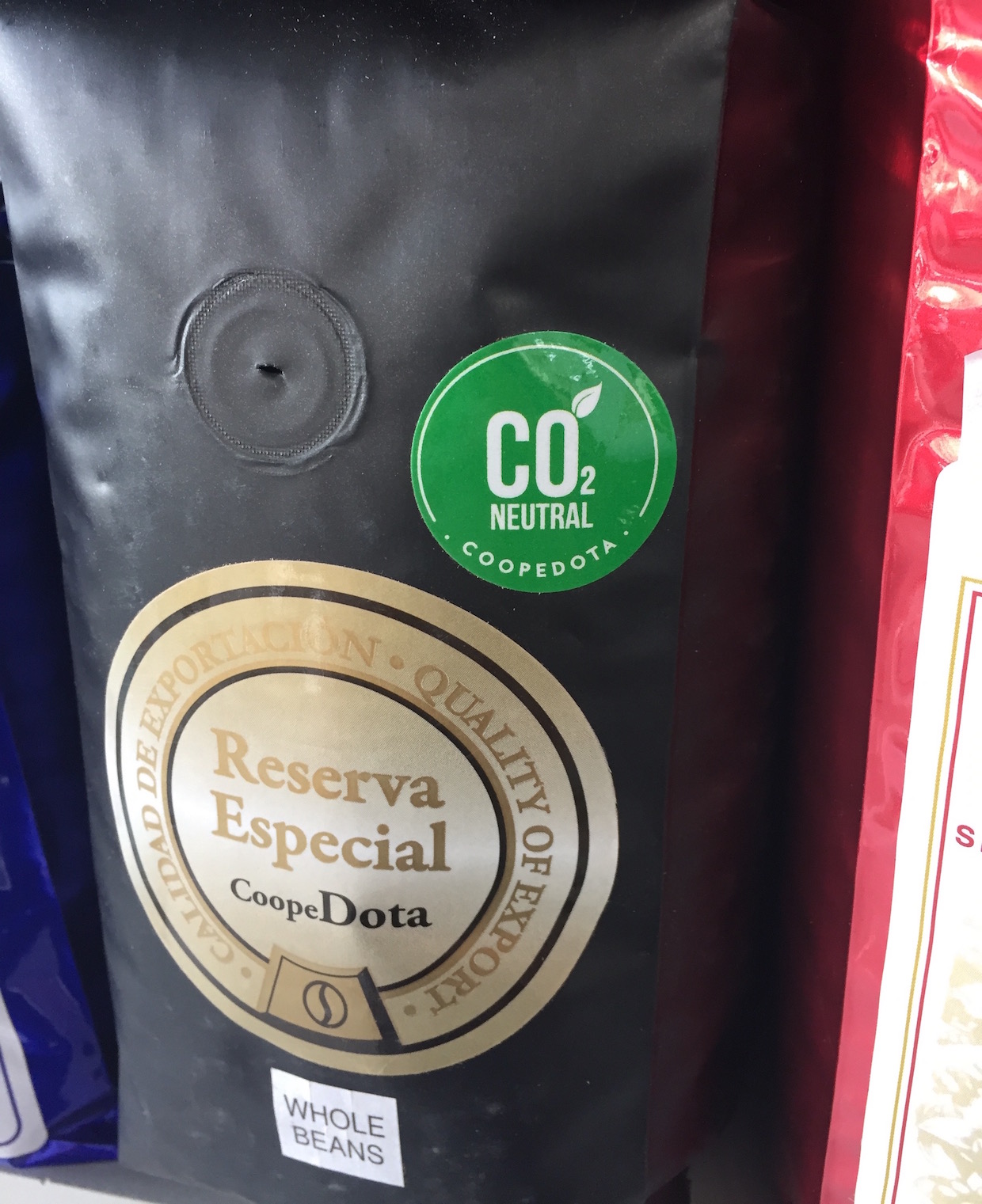
Costa Rican cooperative mill Coopedota boasts the coffee sector’s most prominent carbon neutrality certification program. Daily Coffee News photo.
A study conducted by the University of Hohenheim on whether specialty coffee consumers in Germany would be willing to pay more for a carbon neutrality label has indicated that such a demand does exist, and that it seems to grow stronger in conjunction with either direct trade claims or Fair Trade certification:
A possible explanation is that the credibility towards direct trade claims might increase when it is combined with a third-party certified carbon neutral label. Further, German consumers might prefer a combination of fair trade related attributes with other sustainability labels since they are used to such a combination of labels on coffee products; the majority of organic coffee in Germany is simultaneously certified Fair Trade. In this case, the combination of direct trade claims with a carbon neutral label seems to be equally preferred as the combination of a Fair Trade certificate and a carbon neutral label.
From this, we can deduce that our results may hint at an incipient demand for carbon neutral labels (or similar carbon footprint certificates) on specialty coffee, particularly from older females. Moreover, our results may serve as a directive for German coffee roasters who directly source their coffee from the growers: certifying their production for carbon neutrality may compensate for the lack of a third-party Fair Trade certification.
The United Nations Conference on Trade and Development (UNCTAD) published a study of its own last week. The 41-page document called “Commodities at a Glance – Special issue on coffee in East Africa,” focuses on Ethiopia and Burundi as examples of opportunities to capitalize on the growing demand for specialty coffee in an effort to overcome structural imbalances in the coffee value chain, as well as how increasing costs, a discouraged younger generation and declining plant quality and productivity make the goals additional challenging:
It also shows that the CVC is controlled by a limited number of actors in consumer markets, which raises the issue of sustainability of supply, given the limited benefits accruing to producers. Indeed, green coffee buyers (exporters, traders, roasters and retailers) continue to adopt business strategies that enable them to capture most of the value, while some producers sink into poverty.
The study highlights the shift in power from producers to consumers that followed deregulation and liberalization of the coffee sector in the 1990s. Indeed, the phasing out of the ICA explains to a large extent the subsequent fall in producer prices. Large adjustments are needed to ensure supply sustainability, particularly in a context of a predicted increase in demand over the next few decades.
Howard Bryman
Howard Bryman is the associate editor of Daily Coffee News by Roast Magazine. He is based in Portland, Oregon.



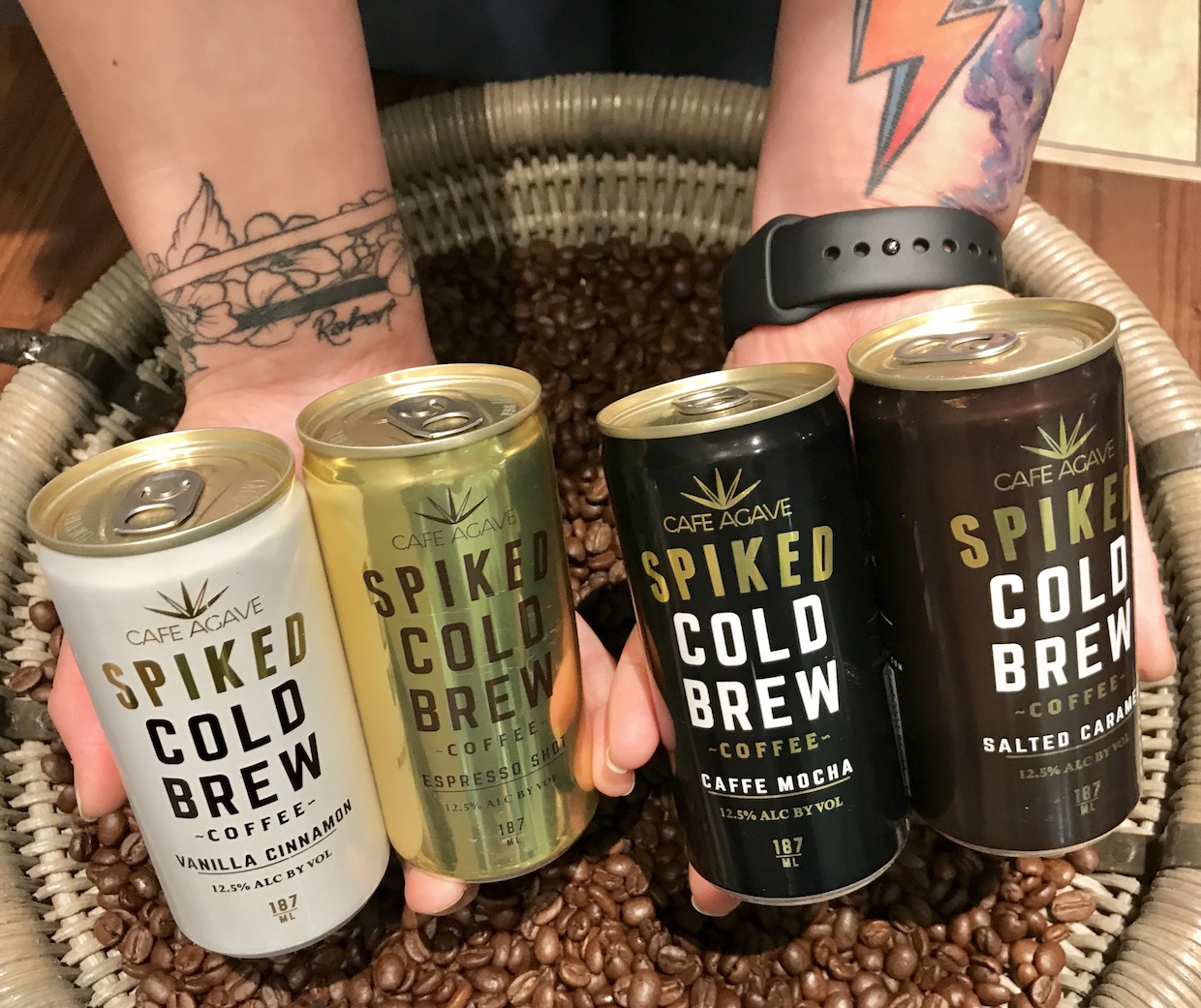
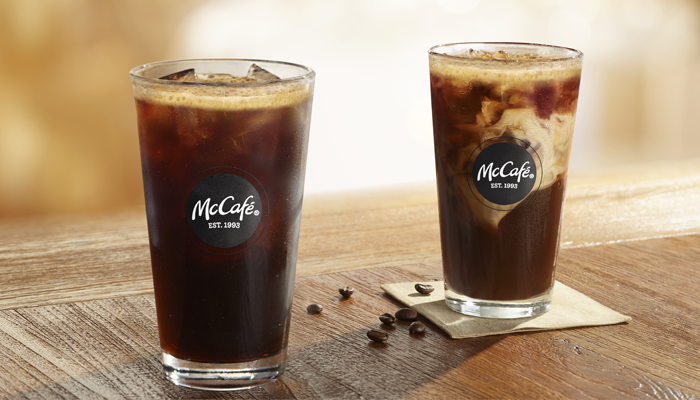
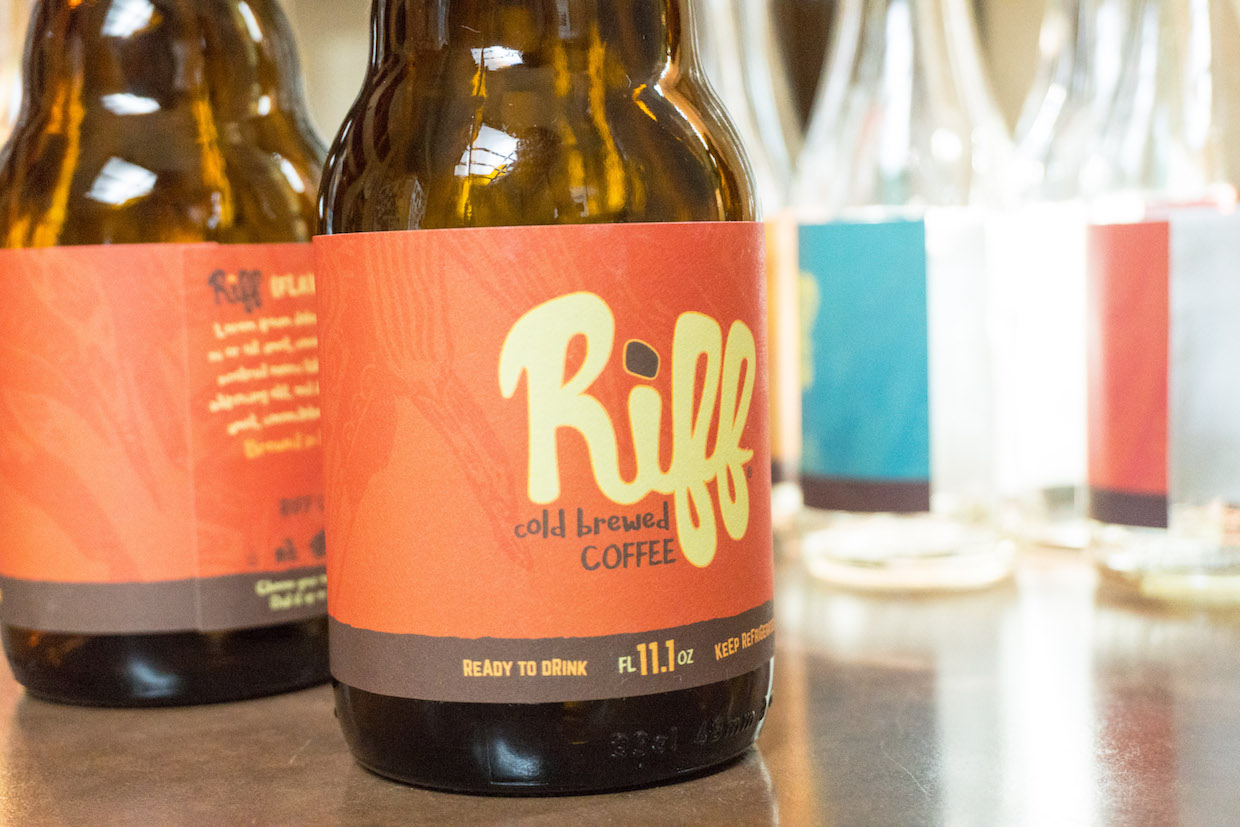
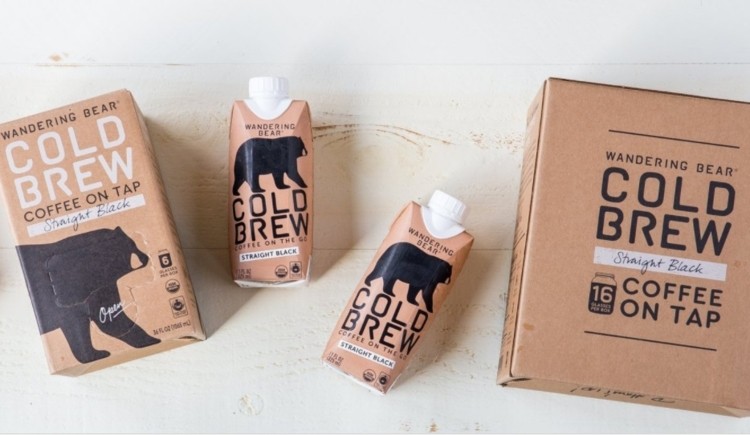
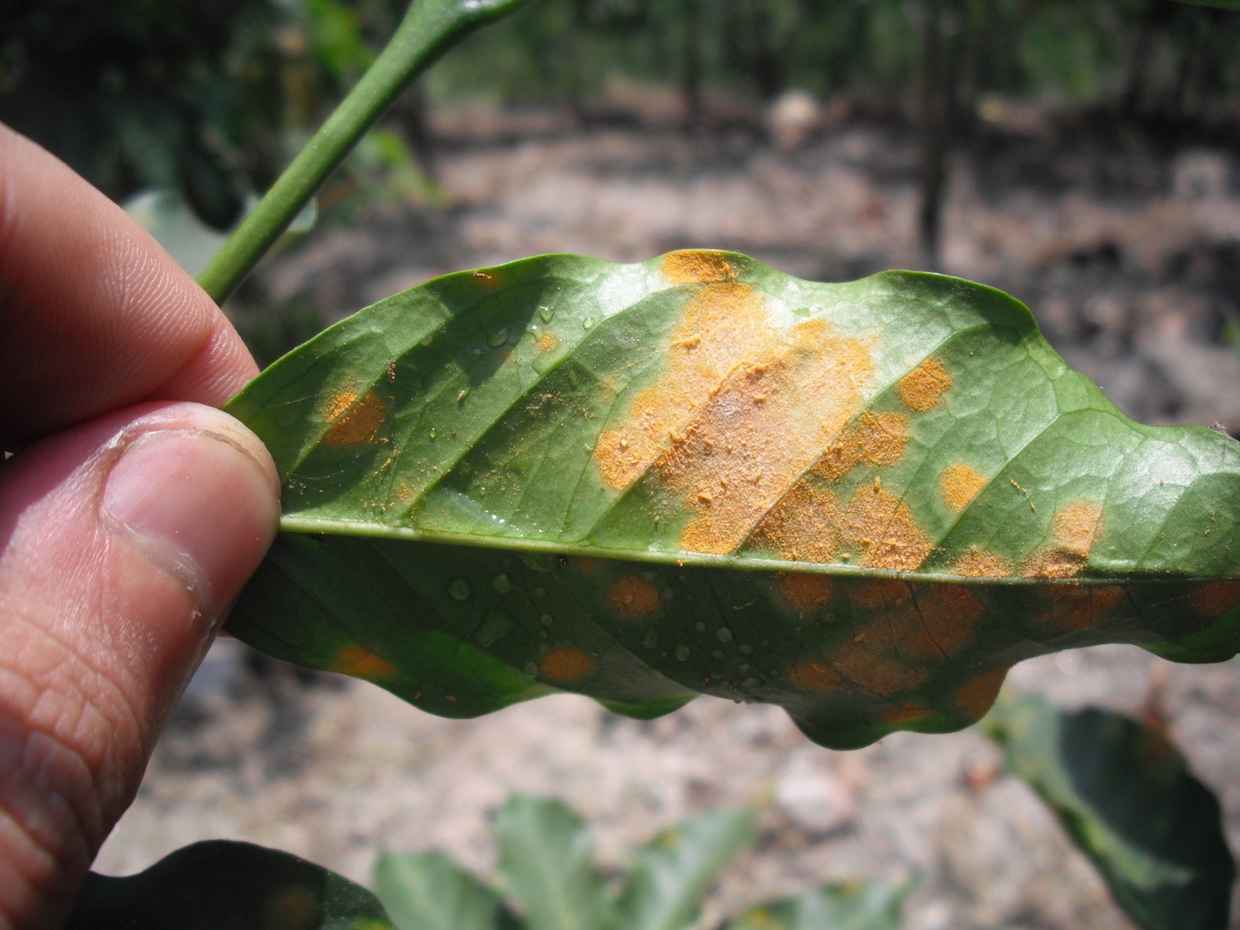
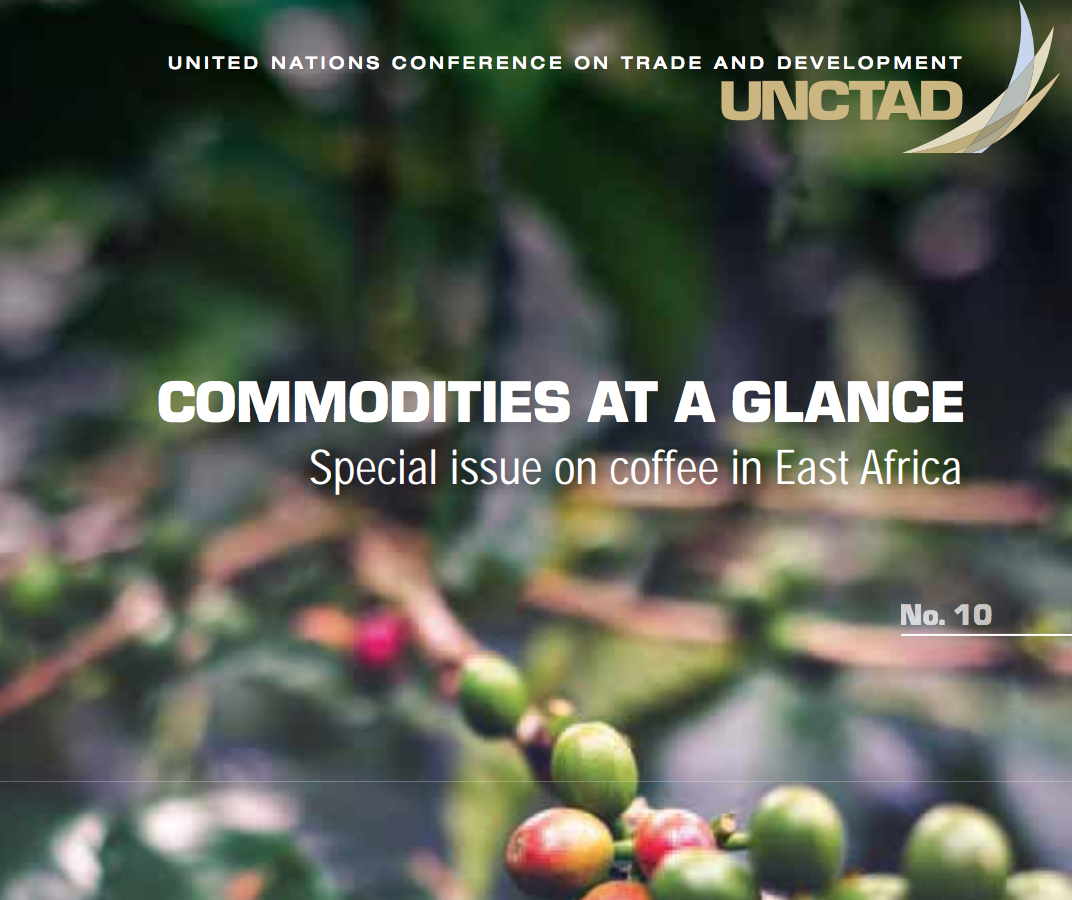



Comment